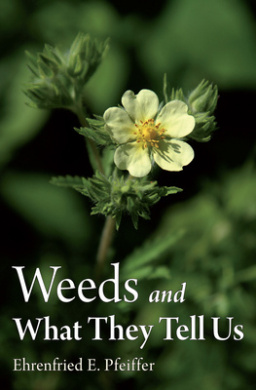Description
Maintaining hope is difficult in a world falling apart. Intrinsic Hope offers a powerful antidote to despair, showing how to free ourselves from the false hope that the world will conform to our expectations and how to cultivate “intrinsic hope,” a positive approach based on trusting life. Presents 6 mindful habits for hopeful living. Kate Davies MA, DPhil, has worked on environmental and social issues for her entire career. She set up and managed the City of Toronto’s Environmental Protection Office and established and directed a successful environmental policy consulting company. Davies is currently clinical associate professor in the School of Public Health at the University of Washington, emeritus faculty at Antioch University, and senior fellow at the Whidbey Institute. Her written work has been published in newspapers, magazines and journals across North America and internationally. Her first book, The Rise of the U.S. Environmental Health Movement,was selected by Booklist as one of the top ten books on sustainability published in 2013. Davies lives in Langley, WA. Foreword by Vicki Robbin Introduction: Where On Earth Are We Going? The Global Eco-social Crisis and Its Impacts Psychological Impacts The Psychological Context Where On Earth Are We Going? Uncovering and Nurturing Hope Part I: Uncovering Intrinsic Hope 1. Naming Our Feelings about the Global Eco-social Crisis Fear Disappointment Self-Righteous Anger and Frustration Shame and Guilt Sadness and Despair Grief Denial and Apathy Concluding Thoughts 2. Reasons for Hope Life Is Inherently Hopeful We Know More Than Ever Before The Future Is Uncertain We May Be Able to Resolve This Crisis Because We Caused It Humankind Is Beginning to Think Globally History Tells Us Positive Social Change Is Possible The Growing Global Citizens’ Movement Hope Can Be Learned It Is Our Responsibility To Be Hopeful Just Because. . .What Else Would We Do? 3. Intrinsic and Extrinsic Hope Extrinsic Hope Intrinsic Hope Extrinsic and Intrinsic Hope Compared The Relationship Between Intrinsic and Extrinsic Hope Part II: Habits of Hope 4. Being Present Mindfulness Distraction Selective Attention Meditation Using Our Senses Wonder Bearing Witness Being Present to the Universe 5. Expressing Gratitude Choosing to Feel Grateful Things To Be Grateful For Expressing Gratitude Appreciation and Problems Joy Gratitude and Consumerism 6. Loving the World Love and Compassion Community Loving Places Loving the Earth Loving Future Generations 7. Accepting What Is Opening Up to Painful Emotions Forgiveness Reframing Expressing Feelings 8. Taking Action Scientific Information Results, Responsibility, and Virtue Purpose and Commitment Do No Harm Small Steps 9. Persevering for the Long Haul Self-Discipline Resilience Long-Term Thinking Curiosity Looking After Ourselves Celebrating Good News Conclusion: Pandora’s Gift Invitation Acknowledgments Endnotes About the Author About New Society Publishers






